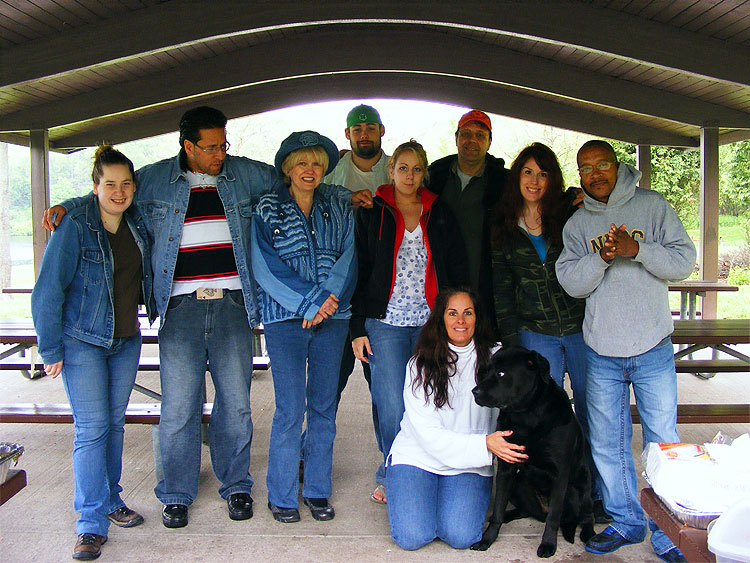- Academics
- Academic Programs
- Areas of Study
- Alpha Beta Gamma
- Physical Therapist Assistant
- ADVANCED MANUFACTURING MACHINE TECHNOLOGY
- Nursing
- Radiography
- Respiratory Care
- Early Childhood Education
- Transfer Tickets
- Academic Calendar
- CT State Catalog
- Academic Catalog
- Academic Divisions
- Educational Technology
- Bridge to College
- General Education
- One Book One College Program
- Honors Program
- Instructional Methods
- WAVE Program
- Areas of Study
- Workforce Education
- Non-Credit Workforce Development, Training Courses
- AWS Amazon Web Service
- Bartending
- Healthcare-Basic Life Support
- Boating Safety
- Business
- Central Sterile Processing Technician
- Certified Nurse Aide
- Computer Technology
- Microsoft Office Essentials
- Online Learning
- Manufacturing
- Medical Administrative Assistant
- Medical Billing and Coding Specialist
- Motorcycle
- Patient Care Technician
- Personal Fitness Trainer
- Pharmacy Technician
- Phlebotomy Technician
- Real Estate
- SNAP
- Security Guard
- Welding
- Bookkeeper
- Food and Alcohol Safety
- Financial Opportunities Center (FOC)
- Non-Credit Workforce Development, Training Courses
- Academic Programs
- Admissions and Aid
- Getting Started
- Paying for College
- Financial Aid
- Steps to Financial Aid
- Financial-Aid/-Return-of-Title-IV-Funds-R2T4-Policy
- Book Credit
- En español
- Award Status
- Financial Aid and Your Bill
- Dependency Status for Financial Aid
- Financial Aid Policies
- Apply
- Satisfactory Academic Progress (SAP)
- Withdrawing from a Class
- Eligibility
- Forms and Documents
- Special Circumstances Appeal Form
- Types of Aid
- Tuition & Fees
- Veteran Resources
- Financial Aid
- Student Resources
- Academic Support Resources
- Tutoring Center (ACE)
- Library
- Disability Services
- Apply to Graduate
- One Stop Enrollment Center
- Bookstore
- The Center for Early Childhood Education at NVCC
- Student Handbook (PDF)
- Degree Works
- Modified Supplemental Instruction (mSI)
- GEAR UP CT Waterbury Alliance
- Personal Counseling and Community Resources
- Virtual Support
- Commencement
- Commencement and Graduation Application
- Career and Transfer Resources
- Academic Support Resources
- Student Life
- Where to Go
- What to Do
- About NVCC
- NVCC is for You
- NVCC Going Strong
- Information for
Select Language
- Academics
Academic Programs
Workforce Education

- Admissions and Aid
- Student Resources
Academic Support Resources
Career and Transfer Resources

- Student Life
Where to Go
What to Do

- About NVCC
- Information for








